Com-BAT-ing Extinction
Governor’s Project
This year’s Governor’s Project is Com-Bat-ing Extinction. The goals of this project are to bring light to the need for concern and action over the loss of biodiversity worldwide, while focusing on supporting native New York Bats.
Scientists estimate that there are ~8mil animal species worldwide, of which, 15,000+ are threatened with extinction. In New York state alone, there are 82 native species which are either threatened or endangered out of the 640 total native species. Different species have unique and vital roles in our ecosystem and as we lose more biodiversity our ecosystems will fall apart. In New York, there are 7 different native species of bat. 4 of these species are nationally or internationally recognized as endangered.
- Northern Myotis
- Indiana Myotis
- Little Brown Myotis
- Eastern Small-Footed Myotis
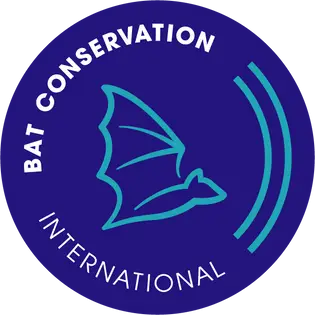
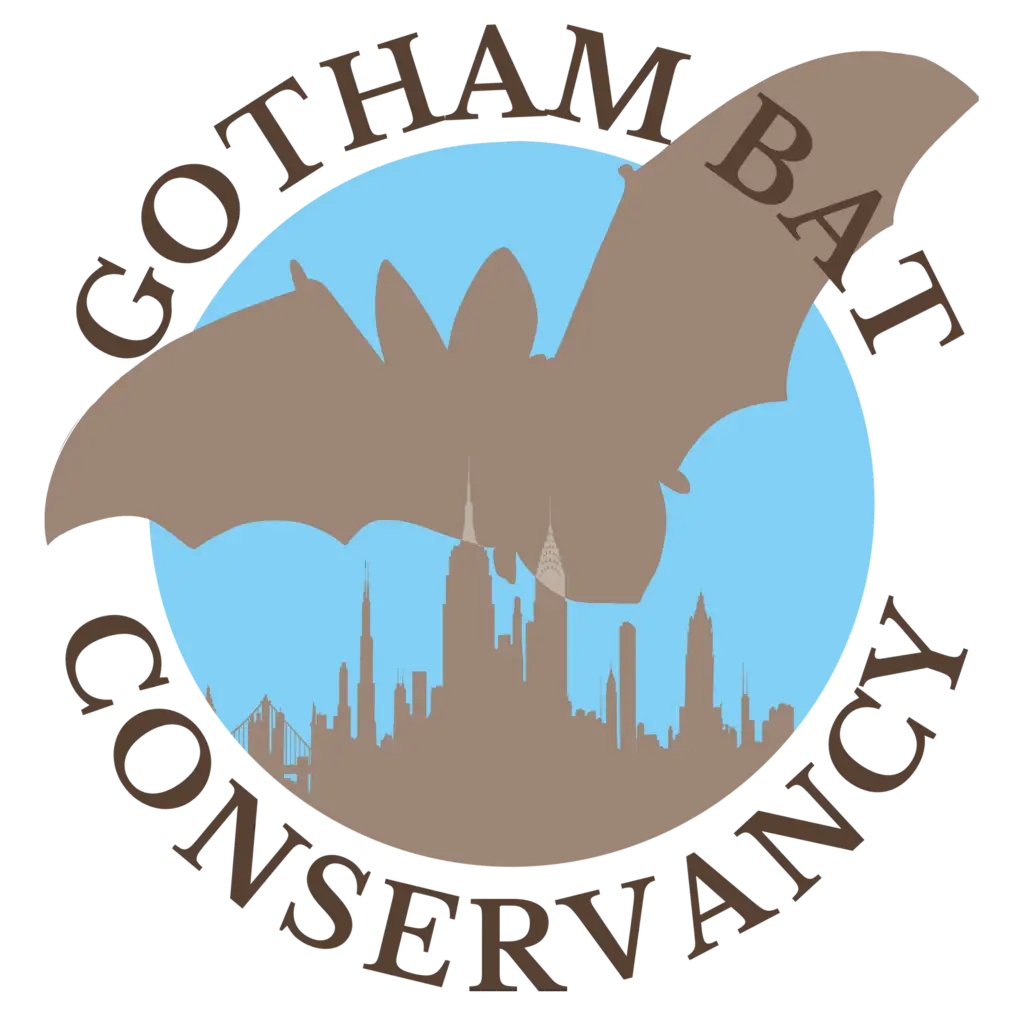
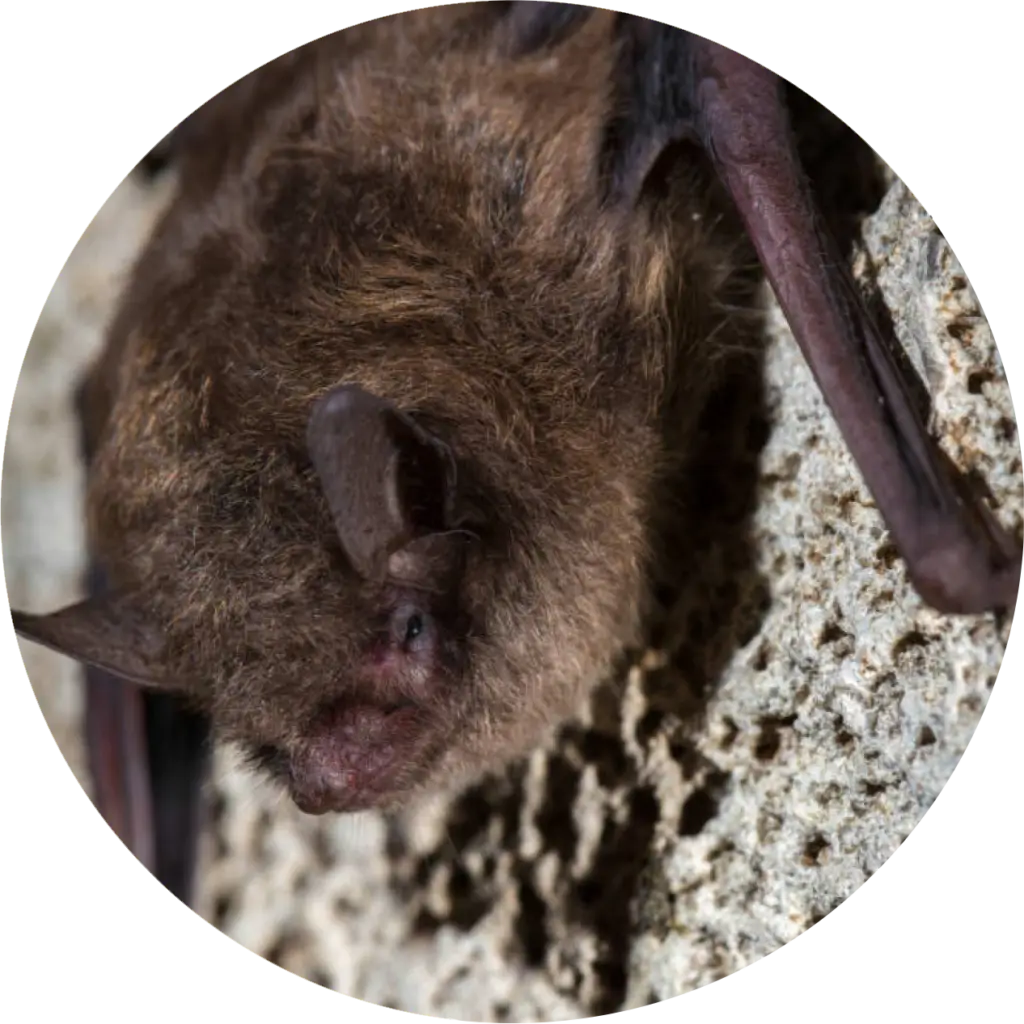
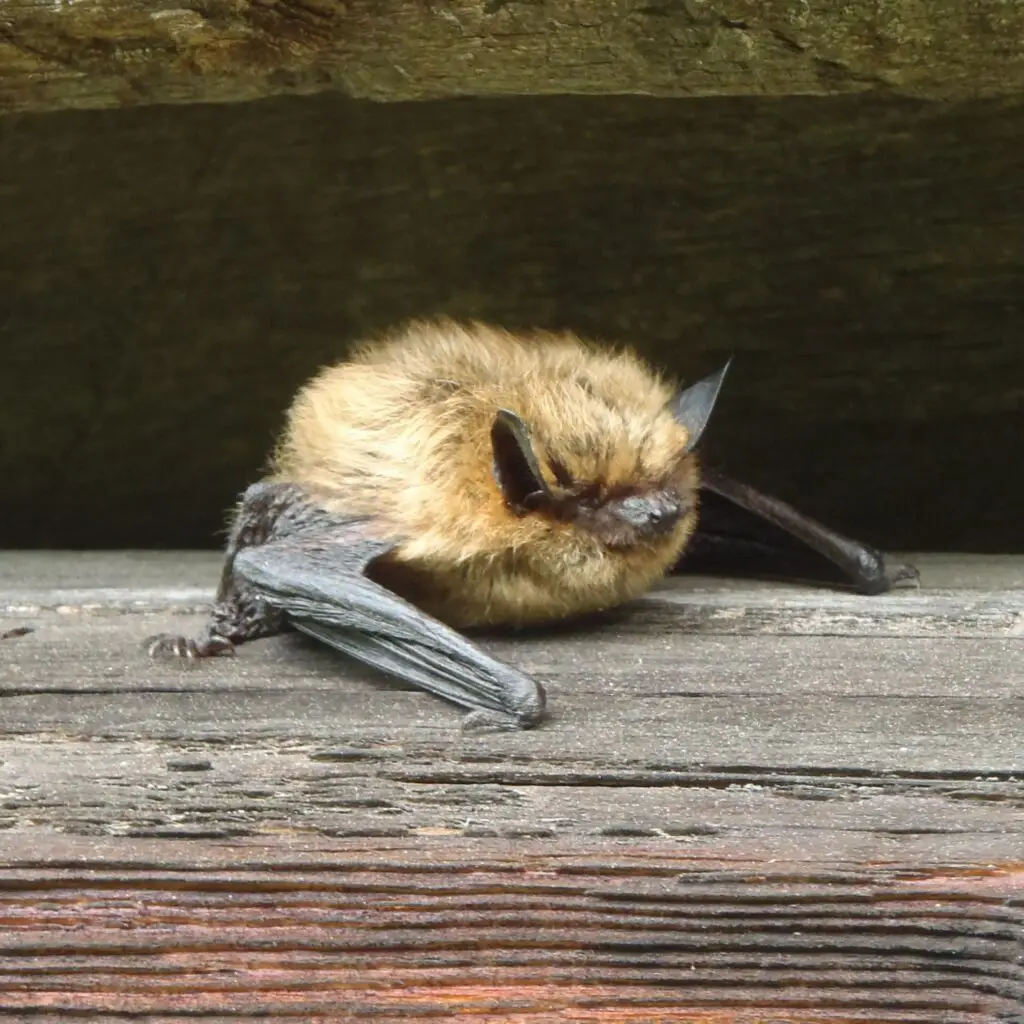
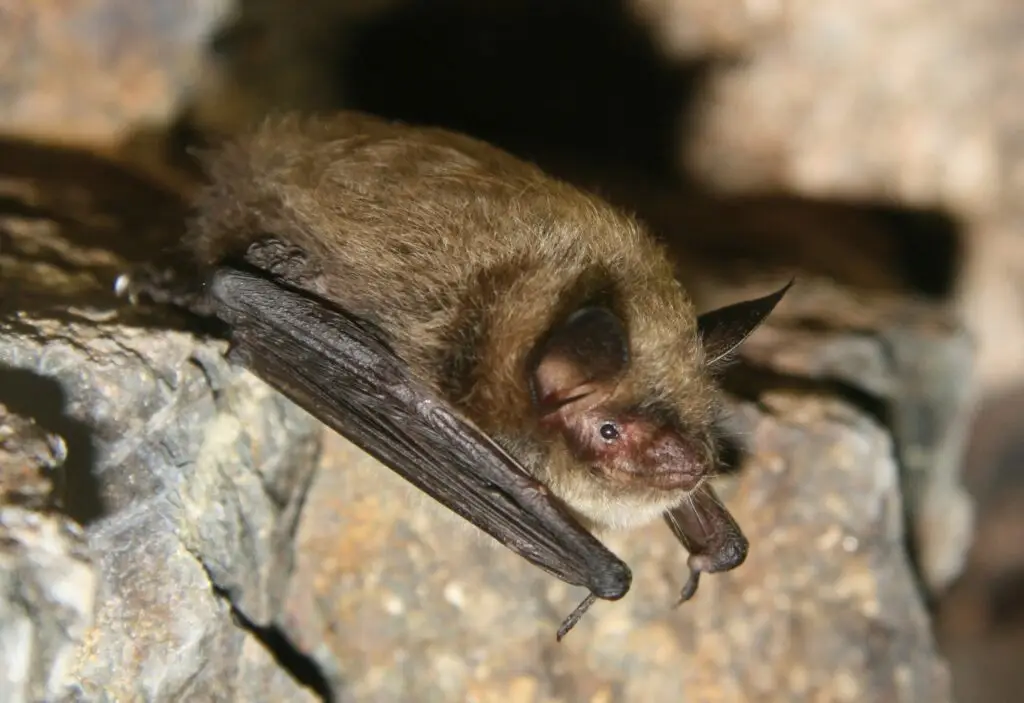
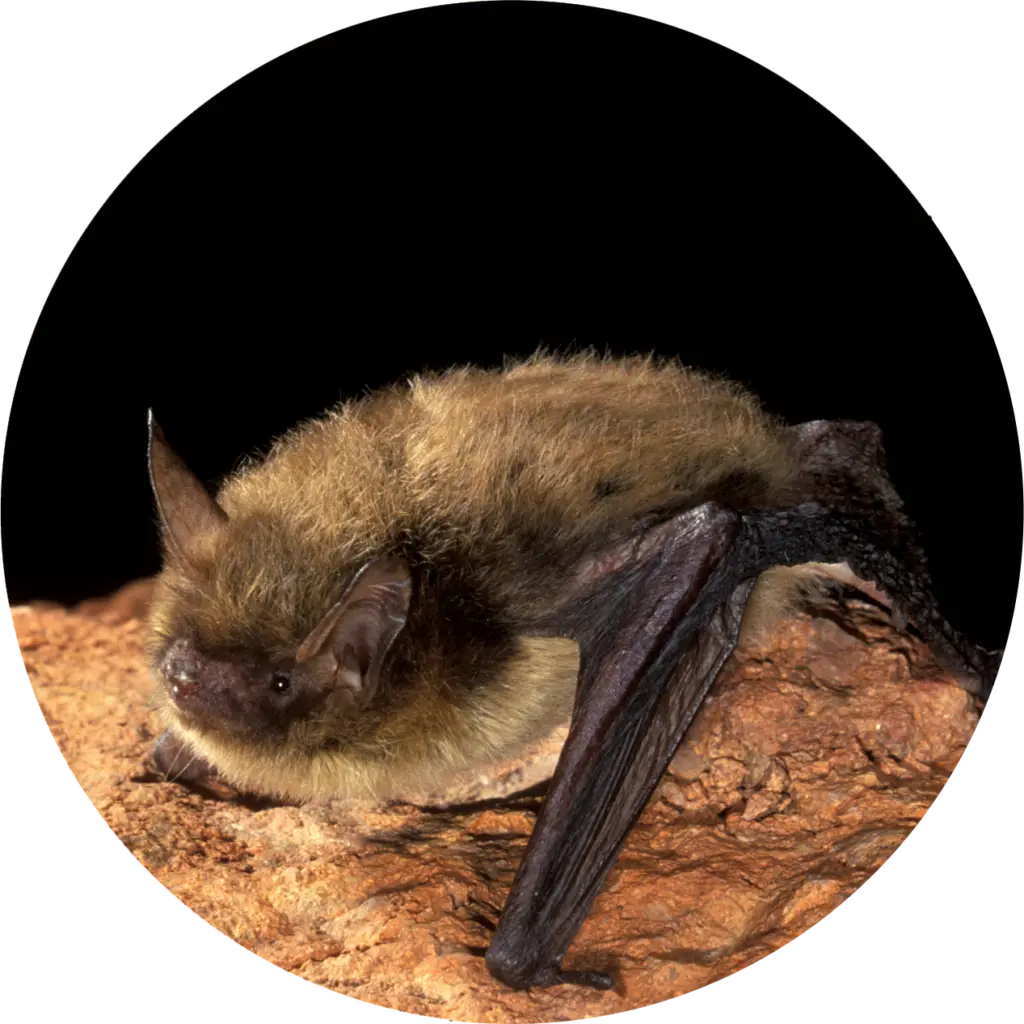
Bats provide vital ecosystem services for the environment and for humans.
- Bats are vital pollinators for many wild (mostly arid) plants, including the giant cacti, balsa wood, cloves, and agave.
- Bats are vital in seed dispersal. Seeds dropped by bats can account for up to 95% of the first new growth in clear cut tropical rainforests.
- Insect eating bats can consume up to 50% of their body weight per night. Scientists estimate that insect-eating bats save US farmers ~$23 billion each year by reducing crop damage and limiting pesticide use.
Declines in bat population worldwide is due to a myriad of reasons, including:
- Climate change – changes the properties of existing habitat making it harder or impossible for native species to live there
- Habitat destruction – destroys the existing habitat where species live and eat
- Persecution – causes bats to be hunted and viewed as dangerous in some countries
- White-nose syndrome – This is a fungus spreading among our native populations and killing many.
However, there is much that you can do to help bats and other endangered species right here in New York. First, there are a few great organizations that work for the benefit of bats to which you could donate. Bat Conservation International works to conserve bats worldwide. The Gotham Bat Conservancy works to conserve bats in the Northeast US. Second, you could work with local land trusts and managers to help conserve and restore habitat in your area. This will help not only bats, but all native species. Finally, you can promote conservation and the need for conservation on your campus to inspire others to make a difference.
